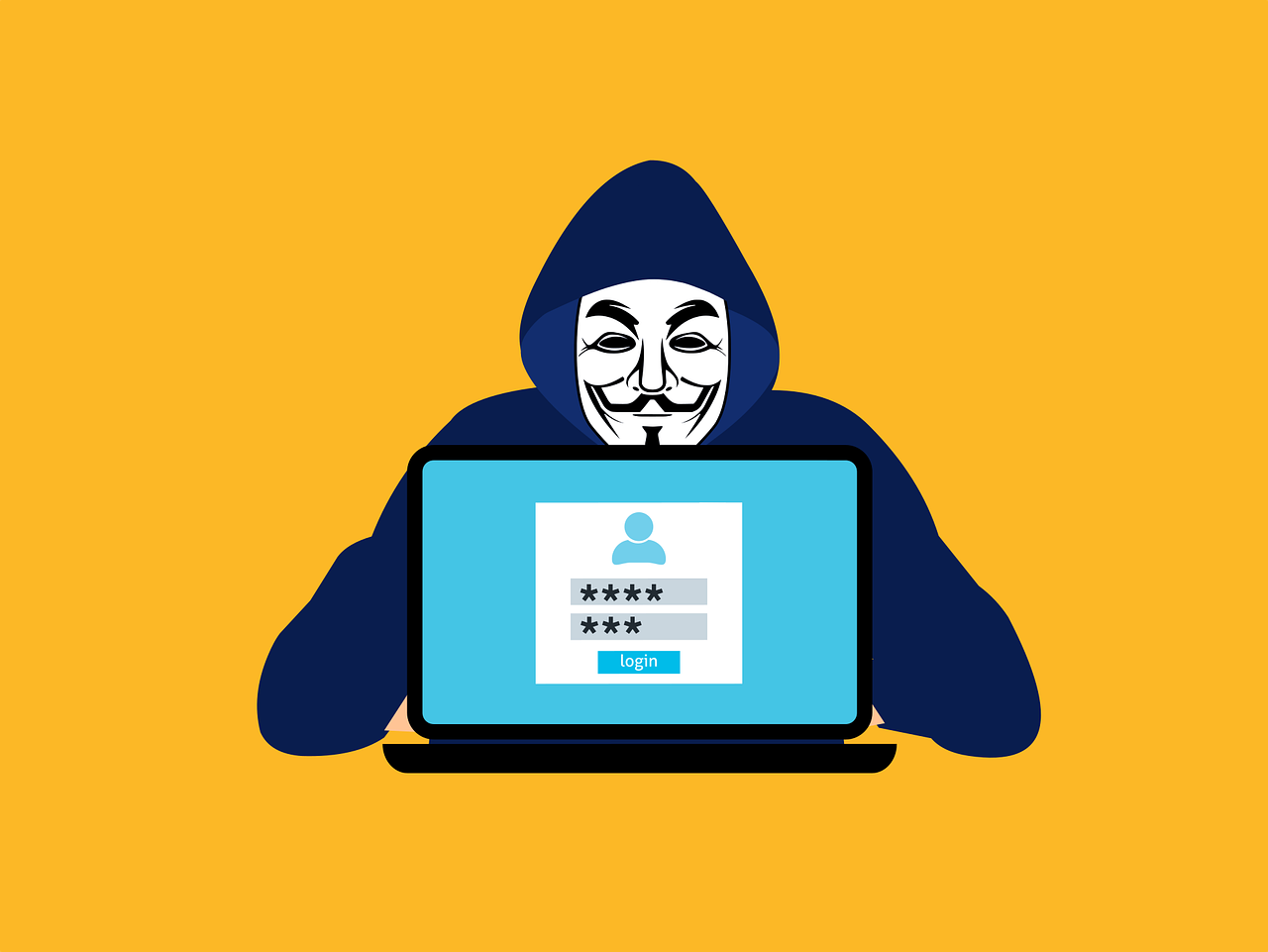Table of Contents
What is Cybersecurity?
Cybersecurity refers to protect systems, networks, and data from digital attacks. It uses different methods like network security, data protection, and incident response to keep information private, correct, and accessible. In other words, it’s like having a strong lock system for your digital stuff.
Imagine you get out of bed one morning and discover someone has stolen your medical records or company information. Pretty unsettling, isn’t it? Cybersecurity aims to stop these kinds of scary situations from happening. In our digital age, cybersecurity plays a key role in safeguarding delicate data in both the healthcare and business worlds. Let’s explore what cybersecurity means, the dangers it faces, and how you can shield yourself.
Cybersecurity attacks
Hackers launch cybersecurity attacks to break into systems, take data, or mess up operations. These attacks vary from well-planned jobs by crime groups to simple, chance break-ins. Common ways include using software weak spots, spreading malware, and tricking people. To build good defense plans, you need to know these attack methods. Cyber attacks put data safety and privacy at risk. They also cause big problems for a company’s image and money situation.

Cybersecurity Threats In Healthcare
- Ransomware Attacks: These attacks lock healthcare systems until a ransom is paid. It leads to data loss in such cases patient record is missing while an emergency. It’s not just an inconvenience; it’s a threat to patient lives.
- Phishing Scams: Cybercriminals trick healthcare workers into revealing sensitive information through deceptive emails or messages. It’s like a wolf in sheep’s clothing, leading to severe data breaches.
- Data Breaches: Large-scale breaches expose patient data, leading to privacy violations and financial losses. Remember the massive breaches that have hit healthcare giants? They underline the urgent need for robust cybersecurity measures.
Cybersecurity Threats In Business
- Malware: Malicious software disrupts business operations, stealing or destroying data. It’s like a silent saboteur, causing chaos behind the scenes.
- Social Engineering: This involves manipulating employees into divulging confidential information. Cybercriminals exploit human psychology to gain access to secure systems, much like a con artist.
- Insider Threats: Sometimes, the danger comes from within. Disgruntled employees or careless insiders can cause significant damage to a business’s cybersecurity defenses.
Impact of Cybersecurity Threats
- Patient Safety: Cyber threats can directly impact patient care and safety, causing delayed treatments or incorrect medical records.
- Financial Losses: The cost of dealing with cyber incidents is high, from paying ransoms to losing revenue due to operational downtimes.
- Reputation Damage: Once a healthcare provider suffers a breach, regaining patient trust is a long and challenging process.
- Operational Disruption: Cyber attacks can bring business operations to a halt, leading to lost productivity and revenue.
- Financial Costs: Dealing with the aftermath of cyber incidents is expensive. Think legal fees, compensation costs, and investing in improved security measures.
- Brand Damage: Customer trust is hard to earn but easy to lose. Any cybersecurity attack can lead to destroy company’s image ,results in doubt and lack of trust.
Cybersecurity Strategies In Healthcare And Business
- Employee Training: Regular training helps staff recognize and avoid phishing scams and other cyber threats.
- Data Encryption: Encrypting patient data ensures that even if it’s intercepted, it remains unreadable without the proper decryption key.
- Regular Audits: Conducting frequent security audits and risk assessments helps identify and address vulnerabilities before they can be exploited.
- Access Controls: Implementing strict access controls ensures that only authorized personnel can access sensitive information.
- Cybersecurity Policies: Developing and enforcing comprehensive cybersecurity policies provides a framework for protecting business data.
- Incident Response Plans: Having a solid incident response plan ensures that businesses can quickly and effectively respond to cyber incidents, minimizing damage.
Emerging Trends in Cybersecurity
- AI and Machine Learning: Advanced technologies like AI and machine learning are revolutionizing threat detection, making it faster and more accurate.
- Blockchain: This technology offers the potential for secure transactions, providing an additional layer of security for sensitive data.
- Regulatory Changes: Staying updated with new regulations helps ensure compliance and improves overall cybersecurity posture.
Conclusion
Cybersecurity is essential in safeguarding both healthcare and business sectors from ever-evolving threats. By understanding the risks and implementing robust protection strategies, we can create a safer digital environment. Stay vigilant, stay protected, and remember that cybersecurity is not just a necessity—it’s a responsibility.
Frequently Asked Questions
1.Why is Cybersecurity Important?
Cybersecurity is crucial because it safeguards sensitive information from being stolen or compromised. In our digital age, personal, financial, and corporate data are prime targets for cybercriminals. Effective cybersecurity measures protect this information and maintain trust in digital systems.
2.What are Common Cybersecurity Threats?
Malware: Malicious software designed to damage or disable computers.
Phishing: Deceptive attempts to obtain sensitive information by masquerading as a trustworthy entity.
Ransomware: A type of malware that encrypts a victim’s data and demands payment for the decryption key.
Social Engineering: Manipulating individuals into divulging confidential information.
Data Breaches: Unauthorized access to confidential data.
3.How Can I Protect Myself from Cyber Threats?
Use Strong Passwords: Create complex passwords and change them regularly.
Enable Two-Factor Authentication (2FA): Adds an extra layer of security to your accounts.
Keep Software Updated: Regularly update your operating system and applications.
Be Cautious of Phishing Scams: Avoid clicking on suspicious links or opening unknown email attachments.
Use Antivirus Software: Protects your system from malware and other threats.
4.What are Cybersecurity Certifications Offered by Google?
Google offers several certifications to enhance your cybersecurity skills:
Google Cloud Associate Cloud Engineer: Validates your ability to deploy applications, monitor operations, and manage enterprise solutions.
Google Professional Cloud Security Engineer: Demonstrates your ability to design and implement secure infrastructure on Google Cloud.
Google IT Support Professional Certificate: Provides foundational IT skills, including cybersecurity fundamentals.
5.Who Are Some Leading Cybersecurity Companies?
Cisco: Offers a range of cybersecurity solutions, including network security and threat intelligence.
Palo Alto Networks: Known for advanced firewalls and cloud-based security solutions.
Symantec: Provides comprehensive cybersecurity services, including antivirus and threat protection.
CrowdStrike: Specializes in endpoint security and threat intelligence.
McAfee: Offers various security software products for consumers and businesses.
